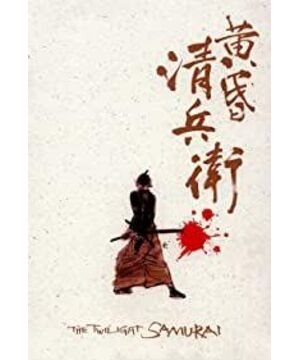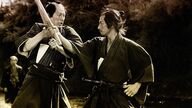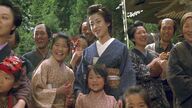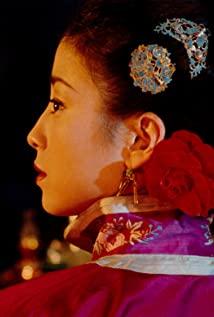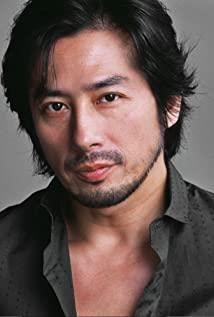Compared with the traditional period dramas that focus on rhythm and martial arts, the focus of the film is on the daily trivial firewood, rice, oil and salt, and it shows the special features of Qingbingwei as a housekeeper. Sad and happy life, the film is full of warmth and kindness most of the time.
"The Twilight Samurai" won both box office and awards, and is known as "a masterpiece that will always be remembered and respected in the history of Japanese cinema".
"The Twilight Samurai" created a unique group of warriors. In essence, these samurai films still focus on the daily life of ordinary people, focusing on depicting the family and emotional stories of samurai, which are very common and secular.
On the mirror, it is not fancy at first glance, even very similar to the composition of Japanese movies in the 1950s, but it can always bring a kind of artistic conception of landscape painting, allowing the audience to experience the inner peace and tranquility brought by the peaceful life. hapiness.
Japanese director Yoji Yamada used a lot of scenes to describe the process of Qingbingwei getting along with his family; the content may be less martial arts and masculine, but the human feelings are delicate, and the middle-aged man's juxtaposition of desolation and happiness, but Seeing the full display, it is moving. "Twilight" in "The Twilight Samurai" has two meanings: in addition to referring to the "Twilight Samurai" nicknamed by the Qinghei, it also refers to "twilight" during the Tokugawa shogunate period (1603-1868). The English title Twilight Samurai, Twilight, is dusk and dawn. In the encounter of the sunset samurai, we see the dawn of humanity. Yoji Yamada's filming in "The Twilight Samurai" reveals familiar and subtle nostalgic feelings, and the description of family ethics is remarkable. Coupled with the well-designed dexterous martial arts moves, it shows the director's hard work and sincerity. echoes the good side of human nature. "The Twilight Samurai" is not only a turning point in Yoji Yamada's personal filming career, but also reshapes the image of a good man who loves his family in Japan.
Yoji Yamada placed his deep sympathy and inspiration for the working class after the bubble economy on these lower-level samurai, and at the same time, once again led the Japanese to reflect on what real happiness is. The qualities of truth, goodness and beauty embodied in these inferior samurai, like Tora Jiro, will inspire the Japanese for a long time.
The film was born out of Fujisawa Shuhei's short story, and the common people director Yoji Yamada challenged the shooting of costume films for the first time after more than ten years of conception and long-term research of the times. He delicately and tenderly narrated the life of a little man under the tide of the times, showing the authentic connotation of warrior spirit, and praising the value of an ordinary person's life. The film is not magnificent, but it has a dull and unforgettable beauty. The introverted simplicity of the starring Sanada and the freshness and brightness of Miyazawa also bring this touching beauty to the extreme. There are no special effects in the film, and the techniques are realistic, but the two fighting scenes by the river and indoors are thrilling.


